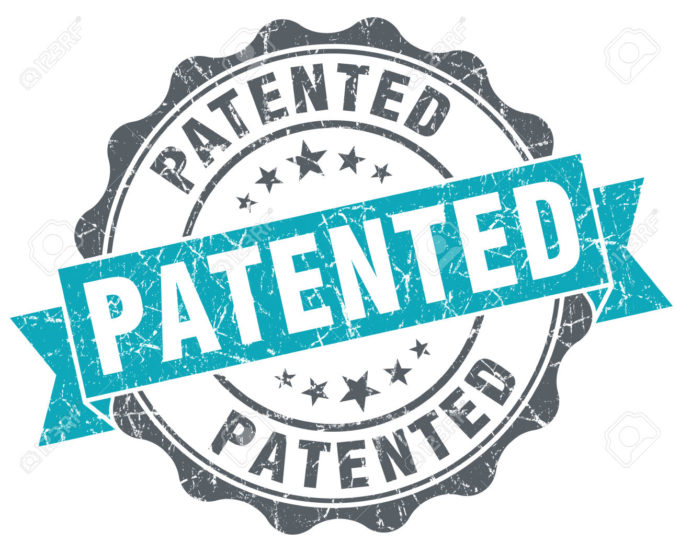
Allergan, Inc. v. Teva Pharms.: Federal Court Invalidates Allergan Patents as Obvious
By Akua Abu – Edited by Samantha Simmons
Allergan, Inc. v. Teva Pharms. USA, Inc., No. 2:15-cv-1455-WCB (Fed. Cir. Oct. 16, 2017) hosted by ipwatchdog.com.
Last week, the United States Federal District Court for the Eastern District of Texas invalidated four key patents held by Allergan for its best-selling dry-eye medication Restasis in Allergan, Inc. v. Teva Pharms. USA, Inc., No. 2:15-cv-1455-WCB (Fed. Cir. Oct. 16, 2017) hosted by ipwatchdog.com. Federal Circuit Court Judge William C. Bryson wrote the opinion for the court, which concluded that though the defendants (generic drug-makers led by Mylan N.V.) had infringed upon Allergan’s Restasis patents, the defendants had proven that Allergan’s patents were invalid for obviousness. Though the Food and Drug Administration has not yet approved generic versions of the drug, the ruling marks a significant step toward allowing generic drug-makers to produce cheaper versions ahead of the expiration of the patents on August 27, 2024.
The validity of the patents was determined by the court’s application of the non-obvious standard. As articulated in Bristol-Myers Squibb Co. v. Teva Pharms. USA, Inc., 752 F.3d 967 (Fed. Cir. 2014) cited in the opinion, to invalidate a patent as obvious, a party must demonstrate by “clear and convincing evidence that a skilled artisan would have been motivated to combine the teachings of the prior art references to achieve the claimed invention, and . . . would have had a reasonable expectation of success from doing so.” The court ruled that the results for the Restasis formulation would not have been “surprising to a person of skill in the art” in light of prior knowledge in the field.
Allergan attracted significant attention last month when it transferred its patent rights to the Saint Regis Mohawk Tribe in upstate New York in an attempt to shield the company from a separate, ongoing patent challenge before the United States Patent and Trademark Office. Katie Thomas of the New York Times explains that Allergan paid Saint Regis Mohawk $13.75 million to enter into an agreement under which the tribe now owns all FDA Orange Book-listed patents for Restasis. In exchange, Saint Regis Mohawk, which is recognized as a sovereign tribal government, filed a motion to use their sovereign immunity as grounds to dismiss an ongoing inter partes review (IPR) from potential competitors trying to overturn Allergan’s patents. The tribe agreed to lease the patents back to Allergan under exclusive licenses and would receive $15 million annually in royalties for as long as the patents remained valid. In a letter to Sens. Chuck Grassley and Dianne Feinstein, Allergan CEO Brent Saunders stated that the move was intended to avoid double jeopardy as the same patents were being reviewed in federal court and the patent office. Though the legal processes act independently, the federal court decision may influence the outcome of the administrative review.
Allergan’s deal with the tribe did not affect the district court trial as the tribe did not claim sovereign immunity in the federal case. However, the Court further ordered that Saint Regis Mohawk be joined as co-plaintiff due to their ownership of the patents to guard against the claim that not all relevant parties had been included. Judge Bryson expressed concerns about the company’s sovereign immunity defense, stating in a separate order that “sovereign immunity should not be treated as a monetizable commodity that can be purchased by private entities as part of a scheme to evade their legal responsibilities.” Despite these concerns, he did not rule directly on whether the transfer was legal as the question was beyond the scope of the case.
Gene Quinn of IP Watchdog covered the decision last week and addressed the legality of the re-assignment tactic. He noted Judge Bryson’s acknowledgement that the validity of the assignment and exclusive license transaction “may be dispositive in the IPR proceedings.” Quinn opined that the evidence submitted to the court related to the issue of consideration in the transaction should make it clear that the sovereign immunity defense will succeed in the administrative proceedings. He explained that, in terms of consideration, a legitimate contractual relationship exists as “the consideration for the assignment of the patents to the Tribe was the Tribe’s promise not to waive its sovereign immunity with respect to any IPR or other administrative action in the PTO related to the patents.”
Allergan’s agreement with Saint Regis Mohawk has been widely criticized with many fearing that it represents a new avenue for pharmaceutical companies to prevent the development of cheaper generic alternatives to their brand-name drugs. Several senators called for an investigation into the agreement shortly after its announcement and Senator Claire McCaskill has announced a bill to close the potential loophole.
In a statement, Saint Regis Mohawk framed its decision to enter into the agreement as “diversifying [its] economy and obtaining a new revenue source that could remedy the current environmental disaster” and “offsetting healthcare costs.” In a statement on Allergan’s website, Robert D. Bailey, the company’s Chief Legal Officer, said Allergan is disappointed by the Court’s decision and that their agreement with Mohawk brings to light issues with the administrative patent review process, which the company said does not provide patent owners due process. The company plans to appeal the U.S. district court ruling.